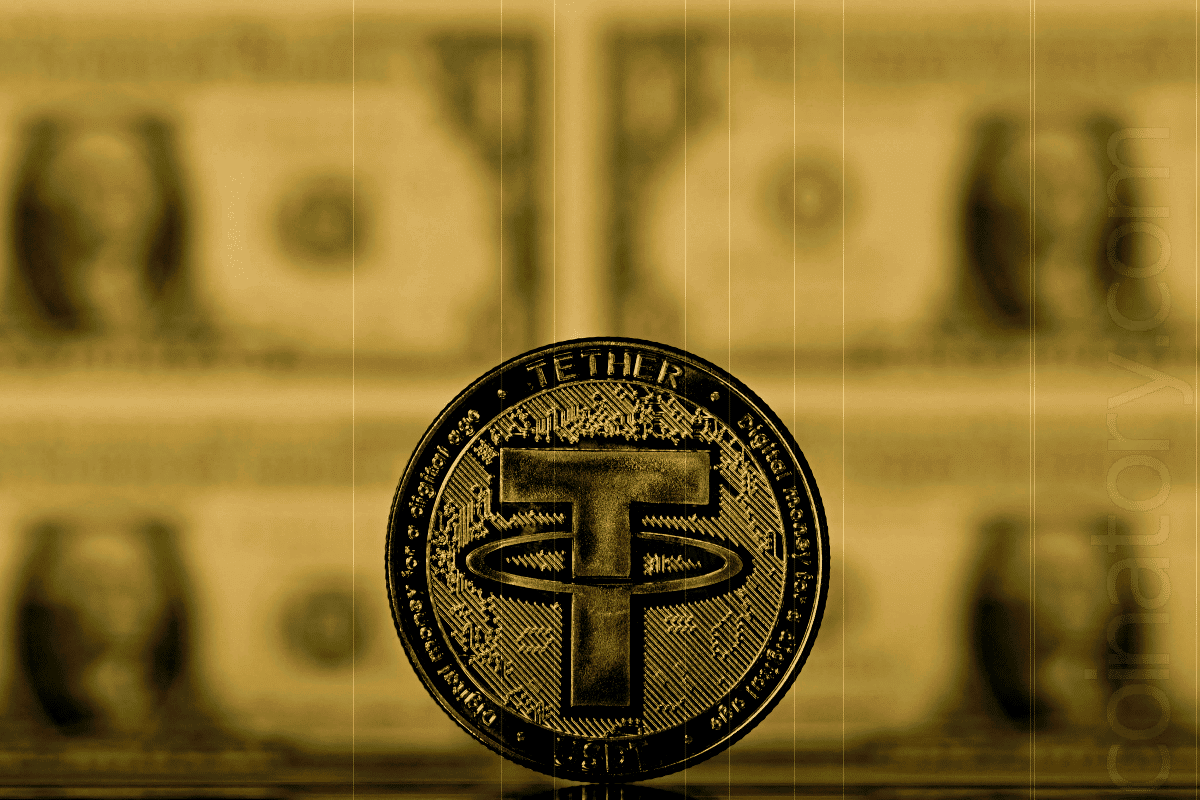
Tether, issuer of the world’s largest stablecoin USDt, has frozen $12.3 million worth of USDT on the Tron Network, intensifying its efforts to curb illicit activity within the cryptocurrency ecosystem.
Blockchain data from Tronscan confirmed that Tether executed the freeze at approximately 9:15 am UTC on Sunday. While Tether has yet to release an official statement, the move is widely believed to be tied to potential violations of U.S. sanctions laws or Anti-Money Laundering (AML) regulations.
In a March 7 blog post, Tether reaffirmed its commitment to strict wallet-freezing protocols, stating:
“Tether enforces a strict wallet-freezing policy to combat money laundering, nuclear proliferation and terrorist financing and is also aligned with the OFAC Specially Designated Nationals (SDN) List.”
This policy adheres to guidelines issued by the U.S. Treasury’s Office of Foreign Assets Control (OFAC), which maintains a growing list of sanctioned entities and individuals involved in illicit finance.
Cointelegraph reached out to Tether for further comment but did not receive a response at the time of publication.
Renewed Attention on Tether’s Freezing Powers
Tether’s asset-freezing capabilities have come under renewed public scrutiny following a series of high-profile freezes. On March 6, Tether froze $27 million in USDT associated with the Garantex crypto exchange, which had previously been sanctioned by OFAC in April 2022 for allegedly facilitating AML violations and disregarding regulatory obligations.
In response to the freeze, Garantex accused Tether of taking direct action against the Russian crypto market, claiming that the blocked wallets held over 2.5 billion rubles ($27 million).
Despite the sanctions, blockchain analytics firm Global Ledger identified more than $15 million in active reserves linked to Garantex as of June 5, according to Cointelegraph.
Lazarus Group Remains a Key Focus
The broader effort to freeze illicit funds also continues to target state-backed cybercrime organizations, including North Korea’s Lazarus Group. Between 2020 and 2023, Lazarus allegedly laundered over $200 million in stolen cryptocurrency, contributing to its estimated $3 billion in total thefts since 2009.
The T3 Financial Crimes Unit (FCU)—a collaborative initiative led by Tether, Tron Network, and blockchain intelligence firm TRM Labs—has become instrumental in combating crypto-based financial crimes. Since its formation, the FCU has successfully frozen approximately $126 million in illicit USDT transactions within its first six months of operations, according to data reported by Cointelegraph in January 2025.
In November 2023 alone, Tether blacklisted over $374,000 in stolen funds. Additionally, three out of four leading stablecoin issuers have collectively frozen an additional $3.4 million across addresses linked to Lazarus Group activity, according to on-chain investigator ZachXBT.
Balancing Decentralization with Compliance
While some decentralization advocates have criticized Tether’s ability to freeze assets, proponents argue that such interventions are crucial for preventing large-scale crypto crimes and maintaining the stability of digital asset markets in line with global regulatory expectations.
Tether’s growing role in financial crime prevention highlights the increasingly complex intersection of decentralized finance, regulatory compliance, and global security concerns as the crypto sector continues its rapid evolution.







